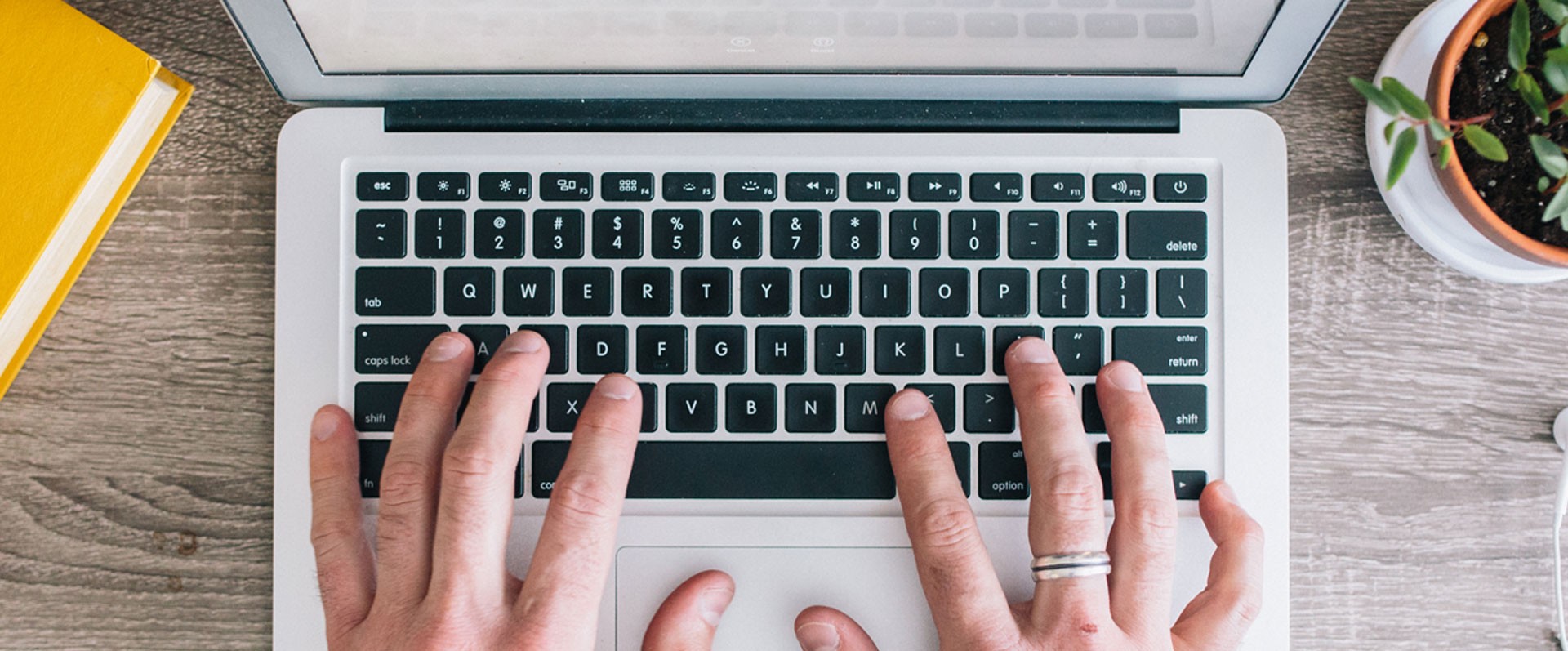Copyright
Copyright in Lecture Recording
There are two main areas in which copyright and related rights need to be considered when recording lectures. Firstly the consent from those who are present during the lecture and secondly the rights in the content which is delivered in the lecture. This page contains general information about both areas and links to useful resources.
See our FAQ page for more answers to copyright questions.
Lecturer or presenter consent
To be able to video or audio-record you for lecture recordings, the University needs to have your permission to use your image and voice as the lecture qualifies as a performance. This is also the case when you are being recorded for television or the radio, or have your photograph taken for promotional purposes.
By giving consent via the KentPlayer block in Moodle, you allow the university to reproduce (send a copy of the recording to the server for processing), adapt (turn into different formats, e.g. podcast) and make available (publish to Moodle) your image and/or voice, as part of the recording. Without this permission, the University can’t legally do this and so you won’t be able to use the software.
For guest lecturers, a different consent form is required which covers only the specific session.
Student consent
It is not necessary to get written consent from students who are attending a lecture that is to be recorded as long as their contribution is limited (e.g. questions or comments). However, they should be made aware that the recording is taking place.
For student presentations a different form is required, which can be found here. Each student featured in the recording of the presentation must complete the form, and you and your School Administration Manager should keep the form for your records.
Lecture content
Most materials used in teaching are protected by copyright. It is possible to use materials legally when you have permission from the copyright owner, or you are relying on fair dealing exceptions.
If you are using material with permission you should ensure that you abide by the terms of use. For example you may be using a photograph provided under a Creative Commons licence which prohibits adaptation (e.g. cropping) of the image. Another example would be content provided under the University’s CLA licence which can only be provided to students on a particular course of study (i.e. not shared on a publicly accessible online platform).
If you are relying on fair dealing exceptions make sure your use of the material is required for genuine pedagogic purposes and the use of it is not excessive.
In both cases you should ensure that you credit the author or the producer of the materials.
For guidance on the use of copyrighted materials in lecture recordings, please see the University copyright guidance pages.
Further reading
External Links
- Recording lectures: legal considerations (web page)
- Lecture recording in higher education: risky business or evolving open practice (CREATe working paper)
